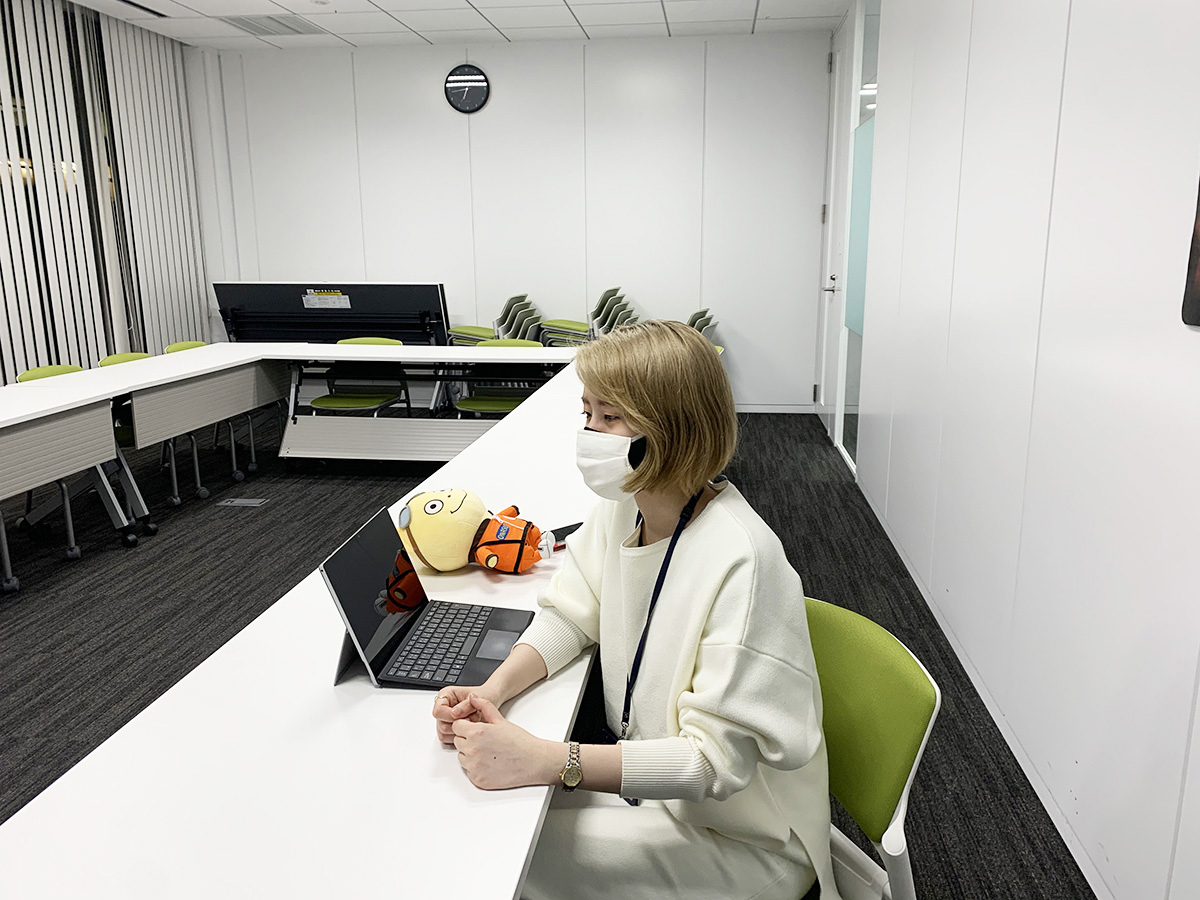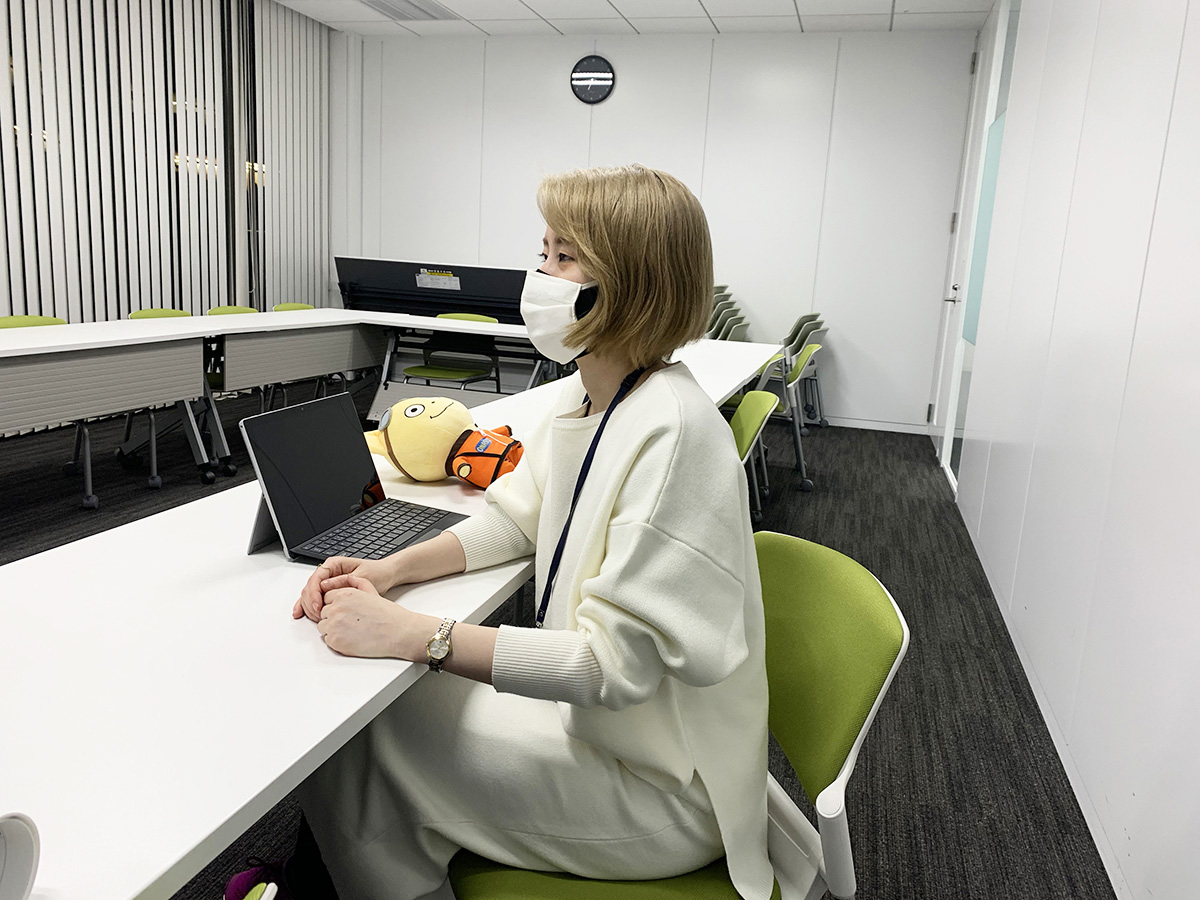Working as an Advertising Producer at Kadokawa - When Money is not for Creating Content but for Making it Known

Article by: Aki Naoe
This time, we will be interviewing Beppu, an advertising producer at Kadokawa, a company that has brought many anime titles to the world. We asked them about their job, about the joys of advertising, and what's the secret to getting into the industry!
From copywriting to managing information

── Just what kind of job is "advertising"?
── It sounds like the scope of your work is quite broad.
── When did you start working in advertising?
Being separated from the production team means it's easier for us to determine if a catchphrase fails to convey what its supposed to, or if the main visuals would look cooler another way.
(*)(Translator's note: Japanese companies often implement job rotation policies for their employees, and it's not uncommon to switch departments every few years.)
── So it's advertising team's job to come up with the main visuals and slogans.
Good work comes from exchanging ideas
── Do the creators' ideas often clash with advertising's?
── I suppose planners also come up with ideas for the project. Negotiations must be hard!
── Earlier you mentioned that the production studio sometimes even creates promotional videos. Is that usually advertising's job?
Children's TV show "Uchū Nanchara Kotetsu-kun" is here!
── You have a very wide range of work. How many titles are you in charge of?
── Have you ever tried out an unconventional advertising strategy?
In the YouTube stream, the main cast members introduced each other's works to the audience. The script was the result of a tag effort with the director who produced the program and the scriptwriter. There are also many publicists who write their own scripts for events and stage appearances.
On top of that, we planned and produced some goods for the cast to wear for promotional purposes.
In advertising, money is for making a work known
── Are there any differences between working on TV anime and films for movie theaters?
── It must be a challenge to spend all of it.
The budget that can be used for advertising in a theatrical film is called P&A (Print & Advertising); it has to cover the cost of the printed materials (leaflets, pamphlets, etc.) for theatrical screening and the advertising and promotion costs for the film to be released in theaters.
If the film is going to be screened in a large number of theaters, we'll need an equally large number of printed materials, and those alone can be quite expensive. In addition, the cost of the free novelties we hand out to the audience with admission is also quite high, so we have to decide whether we will distribute freebies, and if so, when, what kind, and in what quantity.
To avoid exceeding the allocated budget, we need to manage it carefully and spend only what we can afford. We set aside part of the budget just in case something happens, but it'd be a total disaster if we forgot about it and failed to advertise a title properly. That's why it's mandatory to check it often and keep track of how much is left to spend.
── Do you have a set percentage of how you will spend your advertising budget?
── So it's up to the advertising producer to decide.
The sense of fulfillment that comes with a successful campaign
── What do you enjoy about working in advertising?
Anyhow, to be honest, it was hard at first. I joined the company thinking that I wanted to be a producer of live-action films, so I actually knew nothing about animation. But after working as an anime planning assistant for a year, I came to enjoy it. Then, just as I began to think that I would've liked to take charge of a project, I was transferred to advertising, so I ended up lost in the metaphorical sea again. (laughs)
── Is there a particular job that you remember fondly?
With the second episode, we also released a new main visual. When I saw how great the response was, I learned just how fun it is to work in advertising.
Back then, I really did the best I could with Deca-Dence, but the realization that I would've been able to perform way better with my current set of skills has left me with a lingering sense of regret. That's why I'm working extra hard to be able to give 120% or even 500% in the future. That is my motivation for my daily work.
── Is there anything that you keep in mind when you work?
Balancing university and night classes at a vocational school

── How was it like looking for a job? When did you realize that you wanted to work in the film industry?
── What steps did you take to get a job in this industry?
── Why did you decide to join Kadokawa?
(*)(Translator's Note: in Japan, mid- and large-sized companies often hire a group of new graduates and assign them to departments based on internal need for additional hands rather than the strengths of the individual hire. It is not uncommon to be assigned to a department that is completely different from one's degree, and new graduates rarely get a say in where they'll be placed.)
── Is there any way to get a job in advertising other than joining a major company right after graduating?
(*)(Translator's Note: unlike the system for new graduates, mid-career hires are usually hired for a specific role in a specific department, and they're usually between their late-20s and early-40s. These jobs are based on work experience, so older hires are more common.)
── Do you have many new graduates working in advertising?
── What about freelancers?
I don't have any experience yet, so I'm taking advantage of the company's help, but I'm aware that I'll have to acquire the ability to advertise on my own in five to ten years.
── Do you have any advice for young people who are interested in working in advertising?
── Thank you very much!
